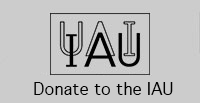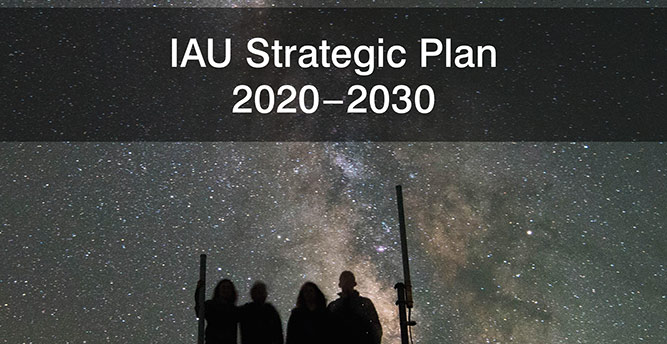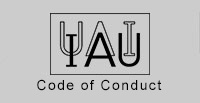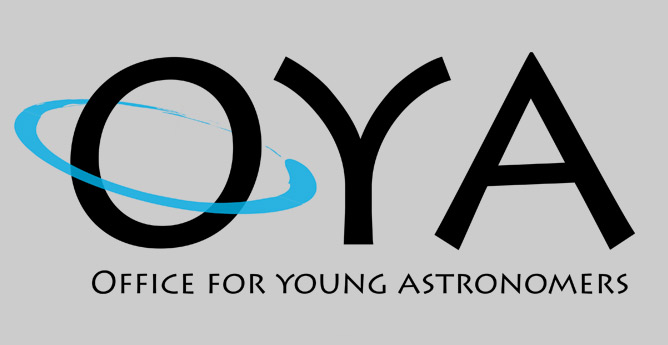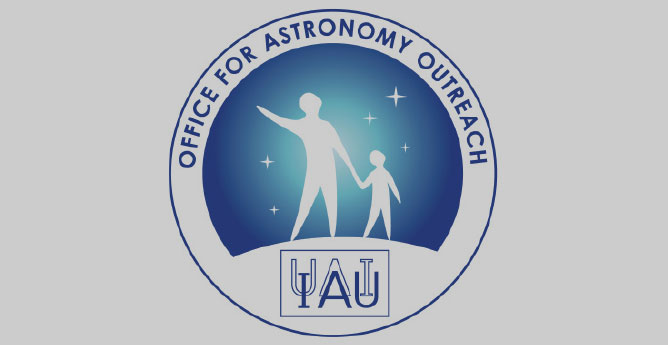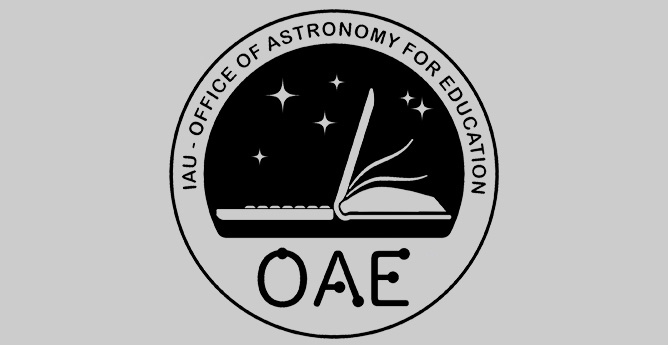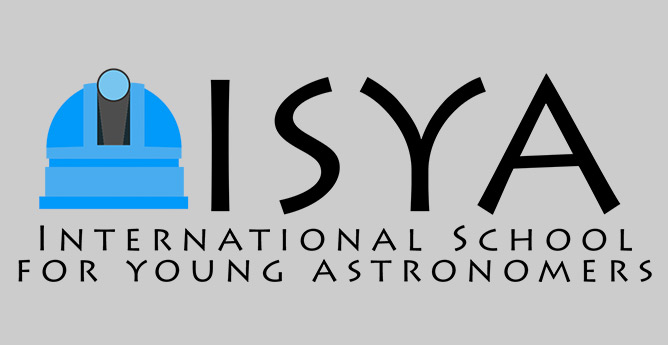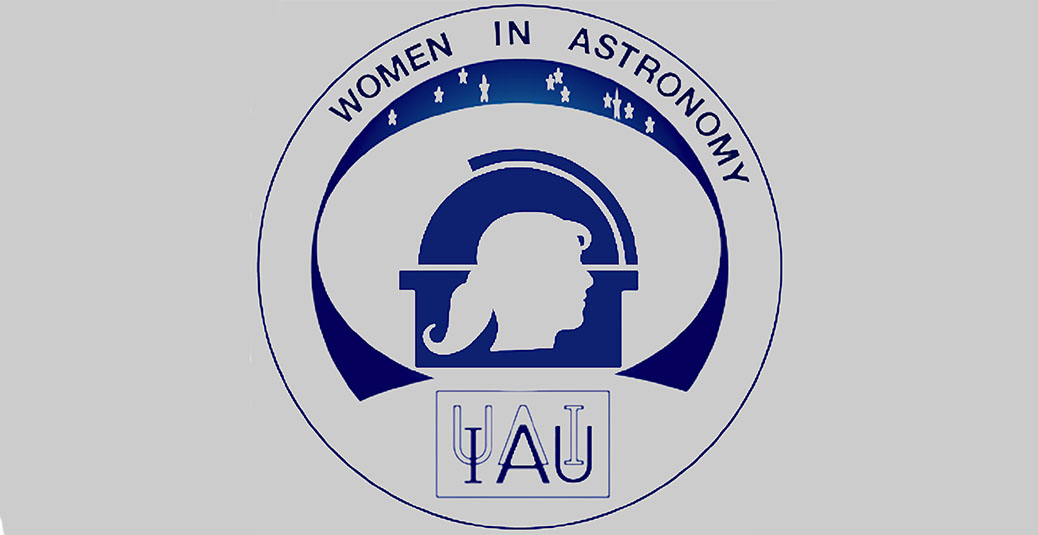- News
- Science
- Scientific Bodies
- Divisions
- Commissions
- Commission A1 Structure
- Commission A2 Structure
- Commission A3 Structure
- Commission A4 Structure
- Commission B1 Structure
- Commission B2 Structure
- Commission B3 Structure
- Commission B4 Structure
- Commission B5 Structure
- Commission B6 Structure
- Commission B7 Structure
- Commission C1 Structure
- Commission C2 Structure
- Commission C3 Structure
- Commission C4 Structure
- Commission D1 Structure
- Commission E1 Structure
- Commission E2 Structure
- Commission E3 Structure
- Commission E4 Structure
- Commission F1 Structure
- Commission F2 Structure
- Commission F3 Structure
- Commission F4 Structure
- Commission G1 Structure
- Commission G2 Structure
- Commission G3 Structure
- Commission G4 Structure
- Commission G5 Structure
- Commission H1 Structure
- Commission H2 Structure
- Commission H3 Structure
- Commission H4 Structure
- Commission J1 Structure
- Commission J2 Structure
- Commission J3 Structure
- Commission X1 Structure
- Commission X2 Structure
- Past Commission Organising Committees
- Working Groups
- Centres
- Scientific Meetings
- Rules & Guidelines
- General Assemblies
- Meeting Proposals
- Future IAU Meetings
- General Assemblies
- EC Meetings
- Officers' Meetings
- Regional Meetings
- Symposia
- Focus Meetings
- Institutional Meetings
- IAU Offices Meetings
- IAU-Sponsored Meetings
- Letters of Intent submitted for 2024
- Letters of Intent submitted for 2023
- Letters of Intent submitted for 2022
- Letters of Intent submitted for 2021
- Letters of Intent submitted for 2020
- Past IAU Meetings
- Templates
- Other Meetings
- Grants & Prizes
- Scientific Bodies
- Publications
- IAU Publications
- IAU Strategic Plan
- Symposia
- WGSBN Bulletins
- Regional Meetings
- Information Bulletins/Catalyst
- E-Newsletters
- Focus Meetings
- Transactions A
- Transactions B
- Related Publications
- GA Newspapers
- CAPjournal
- IAU Books
- Brochures
- IAU Offices
- WG Reports
- Commission Reports
- Division Reports
- Past IAU Publications
- Rules, Guidelines and Instructions for Proceedings
- Publishers
- IAU Publications
- Administration
- About the IAU
- Statutes & Rules
- IAU Policies
- IAU Executive Bodies
- IAU Secretariat
- Resolutions
- Members Administration
- Administrative Dates & Deadlines
- International Organisations Relations
- Donate to the IAU
- Training in Astronomy
- Astronomy for Education
- Astronomy for Development
- Astronomy for the Public
- Office for Astronomy Outreach
- FAQ
- Themes
- Satellite Constellations
- Astronomy in Everyday Life
- How to Report a Discovery
- Careers in Astronomy
- Defining our Place in the Cosmos
- The Constellations
- Light Pollution
- Measuring the Universe
- Near Earth Objects
- How to Participate in Astronomy Research
- Naming of Astronomical Objects
- Naming of Exoplanets
- Buying Star Names
- Naming Stars
- Pluto and the Solar System
- IAU Member Statistics
- Our Moon: the Moon
- Meteors & Meteorites: The IAU Definitions of Meteor Terms
- UNESCO-IAU Portal to the Heritage of Astronomy
- Social Media
- Past Events
- Call for Online Resources
- Astronomy@Home Awards
- Contact
F3 – Commission F3 Astrobiology
Description
Astrobiology is the study of the origin, evolution, and distribution of life in the universe. The International Astronomical Union's Commission 51 was established in 1982 as "Bioastronomy: Search for Extraterrestrial Life" and was renamed simply "Bioastronomy" in 2006. After the commission reform exercise in 2015, it is now the International Astronomical Union's Commission F3 "Astrobiology".
Astrobiology encompasses the search for extant life, evidence of past life, or evidence of prebiotic chemistry on solar system bodies, including Mars, Europa, Titan and Enceladus; the search for planets around other stars and potential spectroscopic evidence and habitability and biological activity; the origin of the biogenic chemical elements and the study of biologically relevant molecules in the interstellar medium and in primitive solar system objects such as comets, undifferentiated asteroids and some meteorites; the search for intelligent signals of extraterrestrial origin; the study of the origin, early evolution, and environmental constraints for life on Earth; the coordination of efforts in all these areas at the international level; and the establishment of collaborative programs with other international scientific societies with related interests.
Commission Web Page
Commission Members (207)
Under Division
Division F Planetary Systems and Astrobiology
Commission Working Groups
Inter-Commission C1-F2-F3-H2 WG Education and Training in Astrobiology

Joseph A. Nuth
NASA/GSFC
Solar System Exploration Division
Code 690
Greenbelt MD 20771
Maryland (MD)
United States
Phone: +1 301 286 9467
Organization website: http://www.nasa.gov/centers/goddard/home/index.html
NCA adherence: United States
Last updated:
November 20, 2023

Hervé Cottin
Université Paris Est Créteil (UPEC)
LISA
61 Avenue du Général de Gaule
94010 Créteil
France
Phone: +33 01 45 17 15 63
Personal website: http://www.lisa.u-pec.fr/~cottin/
Organization website: http://www.lisa.u-pec.fr/
NCA adherence: France
Last updated:
November 20, 2023

Masatoshi OHISHI
National Astronomical Observatory of Japan
National Astronomical Observatory of Japan
Public Relations Center
2-21-1 Osawa
Mitaka
Tokyo 181-8588
Kanto
Japan
Phone: +81 90 3574 9474
Organization website: http://www.nao.ac.jp/E/index.html
NCA adherence: Japan
Last updated:
November 20, 2023
Organizing Committee
Search Scientific Bodies
